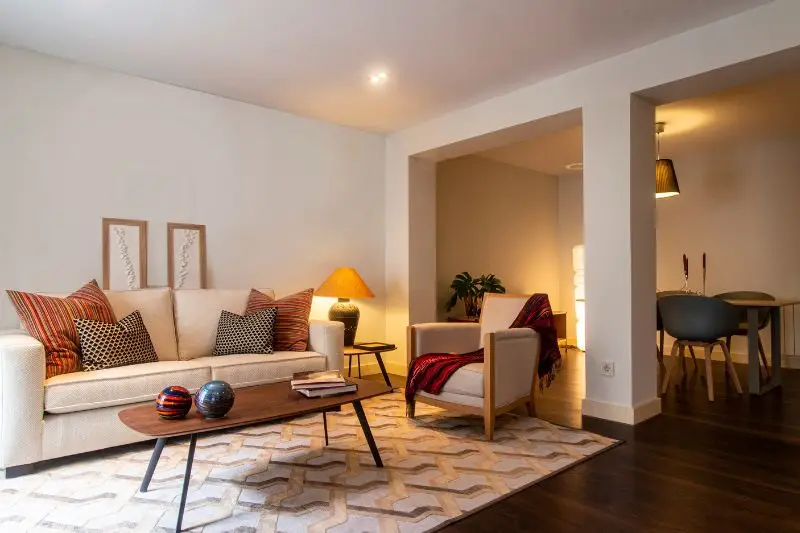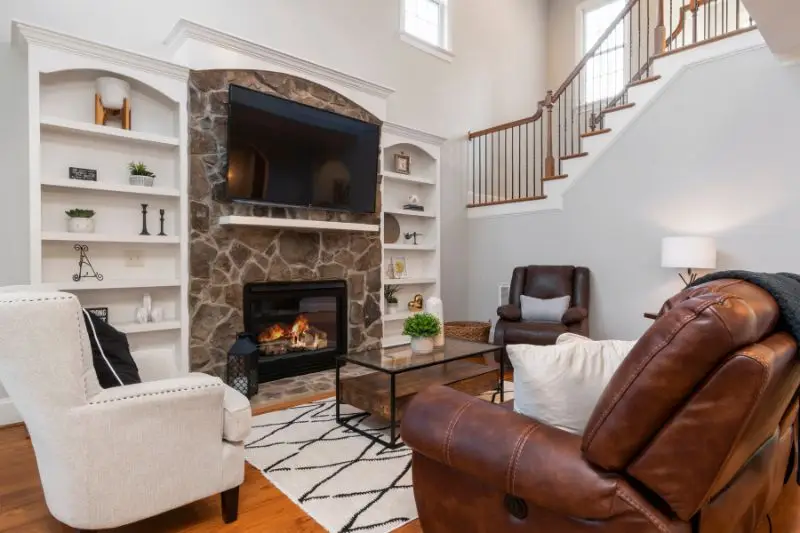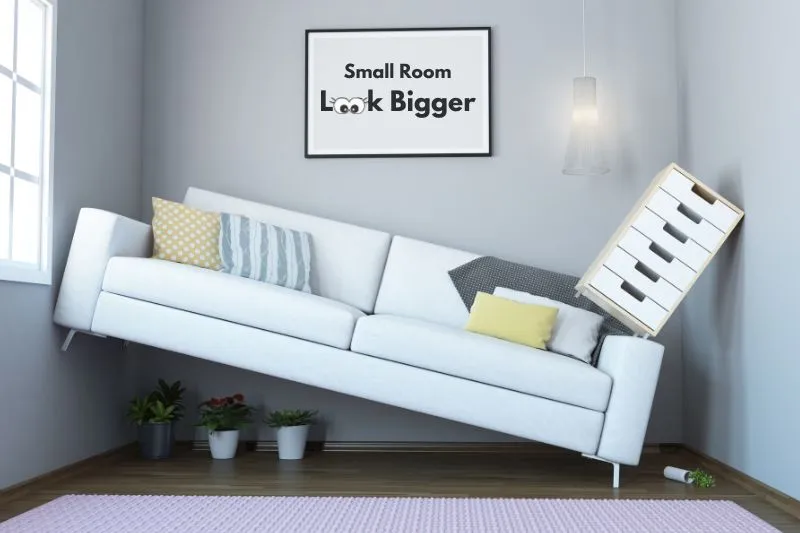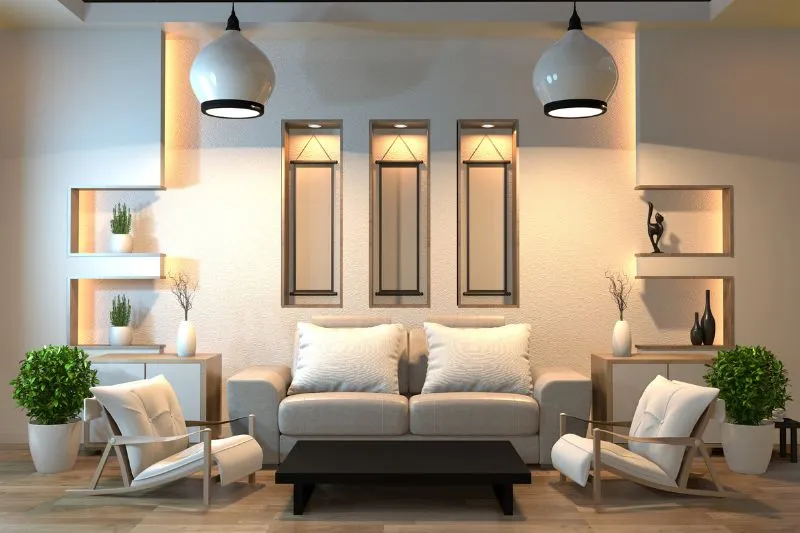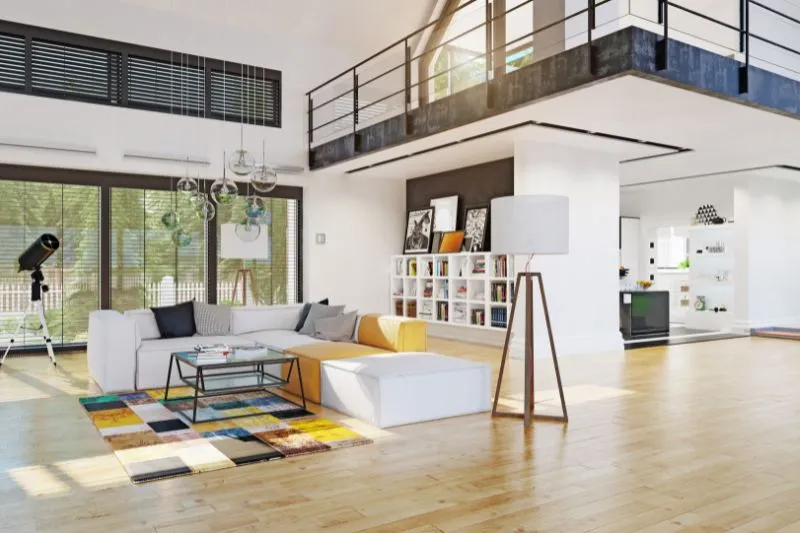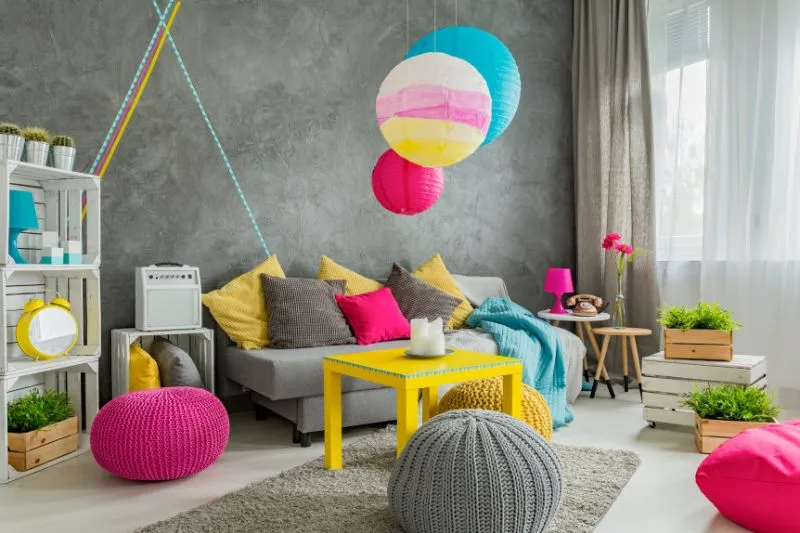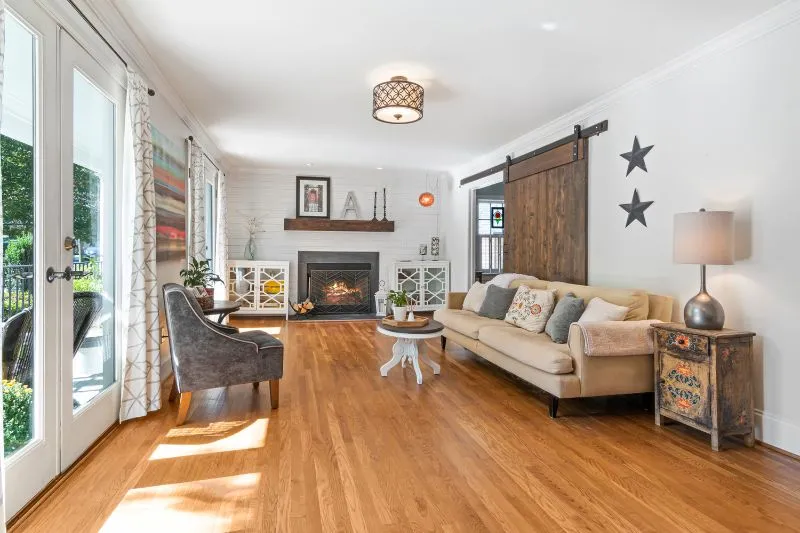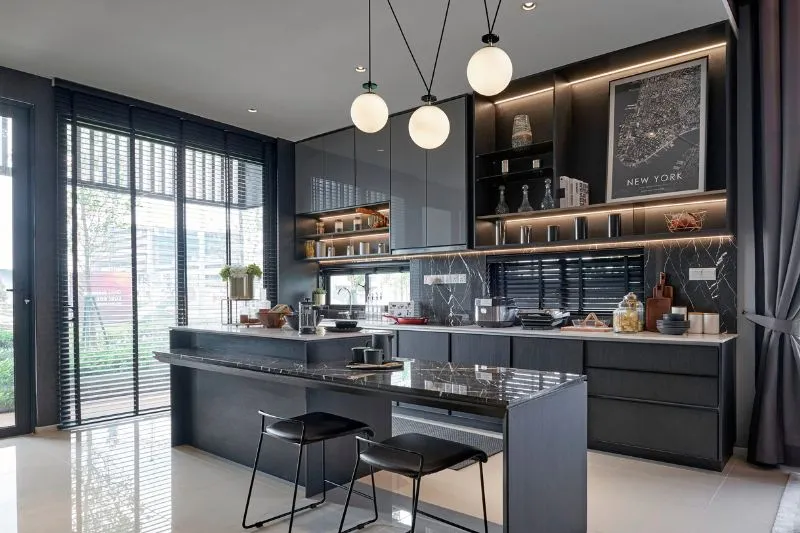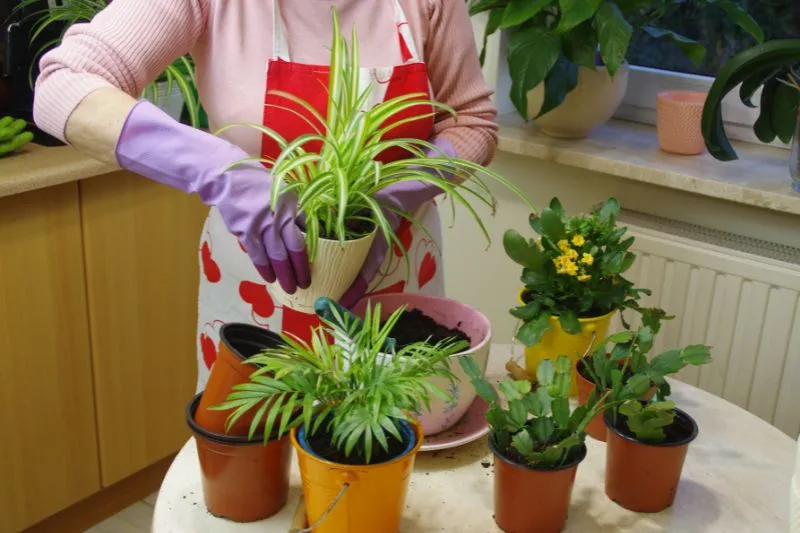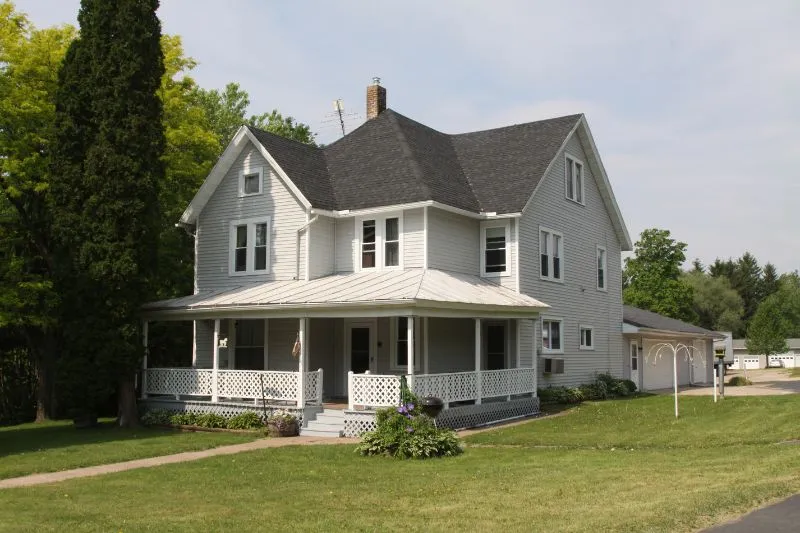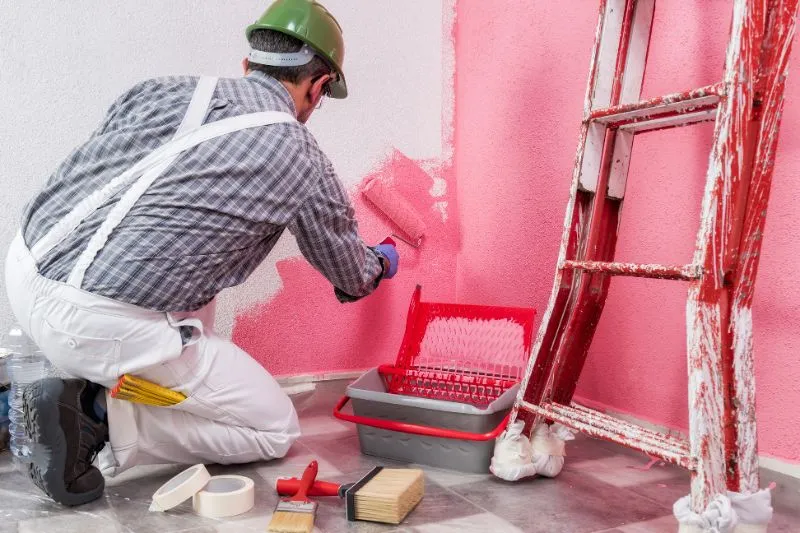
Introduction
House painting is more than just a routine maintenance task; it’s an opportunity to transform your living space and protect your investment. Whether you’re refreshing the interior walls or giving your home’s exterior a makeover, this guide will provide you with everything you need to know about house painting, from preparation to finishing touches.

Get 75% OFF Now
Benefits of House Painting
1. Enhances Curb Appeal
A fresh coat of paint can instantly boost your home’s curb appeal, making it more attractive to potential buyers or visitors.
2. Protects Against the Elements
Quality exterior paint acts as a protective barrier, shielding your home from weather damage such as rain, UV rays, and mildew.
3. Increases Property Value
A well-maintained and aesthetically pleasing exterior can increase the value of your property, offering a higher return on investment.
4. Personalization and Style
Choosing the right interior paint colors allows you to personalize each room and create a cohesive atmosphere that reflects your taste and style.
Read more blog: The Best Indoor Plants for Every Room and Skill Level
Understanding Different Types of Paint
Interior Paint
- Characteristics: Low VOC, washable, available in various finishes (e.g., matte, eggshell, satin)
- Best For: Living rooms, bedrooms, kitchens
Exterior Paint
- Characteristics: Weather-resistant, durable, UV protection
- Best For: Siding, trim, doors, outdoor surfaces
Primer
- Purpose: Improves adhesion, seals porous surfaces, enhances paint durability
How to Choose the Right Paint Colors
Consider Your Home’s Architecture
Choose colors that complement your home’s architectural style and exterior elements such as roofing, landscaping, and neighboring homes.
Test Paint Samples
Always test paint colors on a small area of your wall to see how they look in different lighting conditions throughout the day.
Use Color Psychology
Colors can influence mood and atmosphere. For example, cool tones like blues and greens can create a calming effect in bedrooms, while warm tones like reds and yellows can energize living spaces.

Get 75% OFF Now
Step-by-Step House Painting Techniques
Preparation
- Clean: Remove dirt, dust, and mildew using a pressure washer or scrub brush.
- Repair: Fill cracks, holes, and imperfections with spackling compound and sand smooth.
- Protect: Cover floors, furniture, and fixtures with drop cloths or plastic sheeting.
Painting
- Prime: Apply primer to ensure better adhesion and durability of the paint.
- Paint: Use a roller for large surfaces and a brush for edges and detail work.
- Technique: Work from top to bottom, maintaining a wet edge to prevent visible lines and overlap marks.
Interior vs Exterior Paint Finishes
Interior Finishes
- Matte: Smooth finish, hides imperfections, suitable for low-traffic areas.
- Satin: Light sheen, washable, ideal for kitchens and bathrooms.
- Gloss: High shine, durable, best for trim and doors.
Exterior Finishes
- Flat: Matte finish, conceals imperfections, ideal for siding.
- Satin: Low sheen, easy to clean, suitable for wood and vinyl siding.
- Semi-Gloss: High durability, moisture-resistant, best for trim and doors.
Top Trends in House Painting
Neutral Palettes
Neutral colors such as grays, whites, and beiges continue to dominate interior and exterior color schemes for their timeless appeal and versatility.
Bold Accent Walls
Adding a bold accent wall in a contrasting color can create a focal point and add drama to any room without overwhelming the space.
Earthy Tones
Natural and earthy colors such as terracotta, olive green, and ochre are gaining popularity for their calming and grounding effects.
Tips for Choosing the Right Painting Tools and Equipment
Brushes and Rollers
- Quality: Invest in high-quality brushes and rollers to achieve smooth and even paint application.
- Size: Choose brushes and rollers of appropriate sizes based on the surface area and type of paint being used.
Paint Sprayers
- Usage: Consider using paint sprayers for large, flat surfaces like walls and ceilings for faster and more uniform coverage.
- Preparation: Properly mask and protect adjacent surfaces and areas to avoid overspray and ensure clean lines.
Drop Cloths and Masking Tape
- Protection: Use drop cloths to cover floors and furniture, and masking tape to protect trim, windows and edges from accidental paint splatters.
Read more blog: Home Decor Ideas: Transform Your Space with Style
Environmental Considerations in House Painting
VOCs and Eco-Friendly Paints
- Low-VOC Paints: Opt for paints with low volatile organic compounds (VOCs) to minimize indoor air pollution and reduce health risks.
- Eco-Friendly Options: Explore eco-friendly paint alternatives made from natural ingredients or recycled materials for sustainable painting practices.
Proper Disposal of Paint and Materials
- Disposal: Dispose of unused paint and painting materials responsibly, following local environmental regulations and guidelines.
- Recycling: Consider donating leftover paint to community organizations or recycling centers to minimize waste and environmental impact.

Get 75% OFF Now
Advanced Techniques for Professional Results
Faux Finishes and Decorative Techniques
- Techniques: Experiment with faux finishes such as rag rolling, sponging, or stippling to create texture and visual interest on walls and surfaces.
- Accent Walls: Use painter’s tape to create geometric patterns, stripes or stenciled designs for unique accent walls.
Color Consultation and Design Services
- Consultation: Seek professional color consultation services to choose the perfect paint colors that complement your home’s architecture and decor.
- Virtual Tools: Use online tools and apps that simulate paint colors on virtual room scenes to visualize different color combinations before painting.
Maintaining and Touching Up Painted Surfaces
Cleaning and Maintenance Tips
- Regular Cleaning: Clean painted surfaces regularly with a mild detergent and water solution to remove dust, dirt, and stains.
- Touch-Ups: Keep leftover paint for touch-ups and minor repairs to maintain the integrity and appearance of painted surfaces over time.
Handling Painted Surfaces
- Avoid Abrasive Cleaners: Use soft cloths or sponges to clean painted walls and surfaces to avoid scratching or damaging the paint finish.
- Protective Coatings: Apply clear protective coatings or sealants to high-traffic areas or surfaces prone to moisture for added durability and protection.
Tips for Exterior House Painting
Weather Conditions
- Ideal Conditions: Plan exterior painting during mild weather with moderate temperatures (typically between 50-85°F) and low humidity for optimal paint application and drying.
Surface Preparation
- Cleaning: Pressure wash exterior surfaces to remove dirt, grime, and mildew. Allow surfaces to dry completely before painting.
- Scraping and Sanding: Remove loose paint and smooth rough surfaces with sandpaper to ensure a clean and even base for new paint.
Priming
- Importance: Apply a primer to bare wood, metal, or porous surfaces to improve paint adhesion and enhance durability.
- Types: Choose a primer suitable for the specific surface and paint type (e.g., oil-based primer for stains, acrylic primer for bare wood).
Read more blog: Modern Home: The Ultimate Guide to Contemporary Living
Advanced Techniques for Exterior Painting
High-Reach Tools
- Extension Poles: Use extension poles for painting hard-to-reach areas such as high walls, ceilings, and peaks without the need for ladders or scaffolding.
- Sprayers: Consider using paint sprayers for large exterior surfaces to achieve a uniform finish and save time compared to traditional brush and roller methods.
Multi-Color Schemes
- Accent Colors: Incorporate multiple colors for trim, doors, and accents to add visual interest and highlight architectural features of your home’s exterior.

Get 75% OFF Now
FREE Try
Environmental Considerations in Exterior Painting
Eco-Friendly Paints
- Low-VOC and Zero-VOC: Choose paints with low or zero volatile organic compounds (VOCs) to minimize environmental impact and indoor air pollution.
- Recycling: Dispose of paint cans and materials responsibly by recycling empty containers and donating leftover paint to community reuse programs.
Weather Protection
- Sealants and Coatings: Apply clear sealants or protective coatings to exterior painted surfaces to enhance weather resistance and prolong paint life.
Maintaining Exterior Painted Surfaces
Regular Inspection
- Routine Checks: Inspect exterior paint annually for signs of wear, peeling, or fading. Addressing issues promptly can prevent costly repairs and extend the lifespan of your paint job.
Cleaning and Maintenance
- Gentle Cleaning: Clean painted surfaces with mild detergent and water using a soft brush or sponge. Avoid abrasive cleaners that can damage the paint finish.
FAQs About House Painting
Q: How often should I repaint my house?
A: Exterior paint typically lasts 5-10 years, while interior paint can last 5-7 years depending on wear and tear and environmental factors like sun exposure and humidity.
Q: Can I paint over old paint?
A: Yes, but proper preparation is essential. Clean and sand the surface, apply a quality primer, and choose compatible paint to ensure adhesion and longevity.
Q: What is the best time of year to paint my house?
A: Spring and fall are ideal seasons for house painting. Moderate temperatures and low humidity allow paint to dry properly and adhere well.
Q: How do I choose a reputable painting contractor?
A: Research local contractors, read reviews, and ask for recommendations from friends or family. Verify licensing, insurance, and warranties before hiring.
Q: What should I do with leftover paint?
A: Store leftover paint in a cool, dry place away from children and pets. Seal the container tightly and label it with the color and purchase date for future touch-ups.
Read more blog: How to Decor Living Room Sets Like a Pro
Conclusion
House painting is a rewarding endeavor that can enhance both the aesthetics and value of your home. Whether you’re painting a single room or tackling a full exterior makeover, understanding the process and selecting the right materials are essential for achieving professional results. Use the tips and information in this guide to plan your project effectively and transform your living space with confidence.

